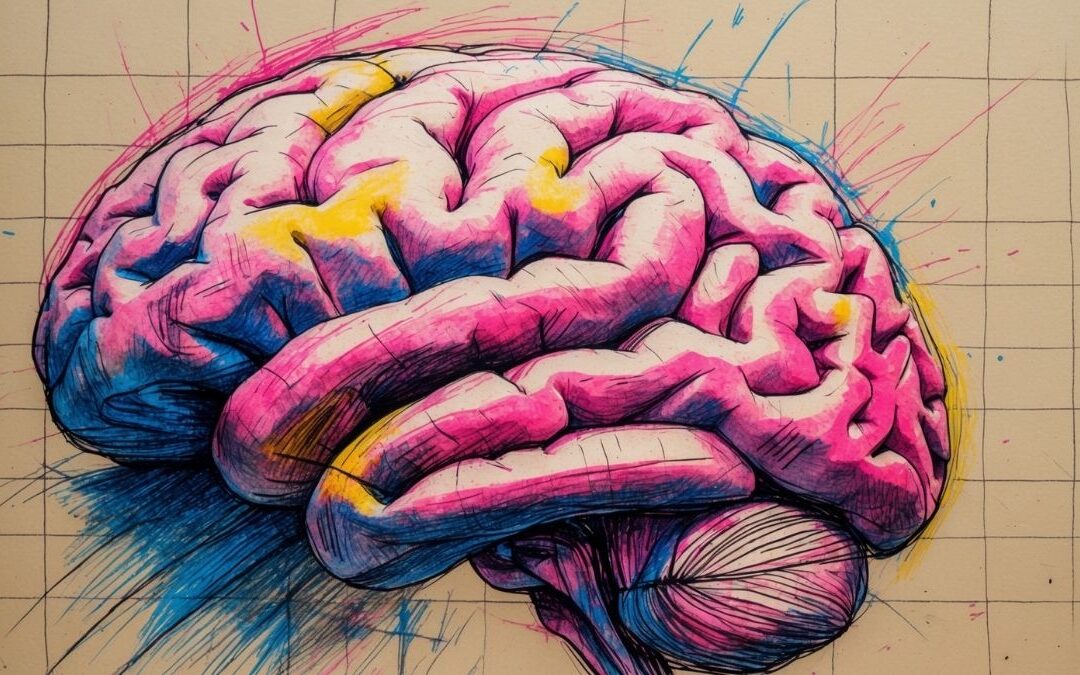Venture into the world of Judas, the infamous biblical traitor, to uncover stories of betrayal and redemption. By diving deep into the nuances of his tale and its impact on modern narratives, we learn how understanding betrayal can lead to personal growth and community healing.
Episode Audio
Interactive Transcript
Episode Transcript
In the tapestry of human emotions and experiences, betrayal, represented by Judas, stands out as one of the most intense and complex. As we meander through its intricate patterns, we see the reflection of our own experiences, our reactions, and the potential for growth and understanding.
This is your host Danny, and this is English Plus Podcast.
Judas, the name itself rings with notoriety. For many, it’s synonymous with betrayal, inspired by the Biblical disciple who handed Jesus to the authorities for thirty pieces of silver. But like any story, there’s more than meets the eye.
To understand Judas is to understand the duality of human nature. In his tale, we don’t just see a traitor; we witness a man grappling with his choices, loyalty, and the price of his decisions. This isn’t an attempt to justify his actions but rather to delve deeper into the layers of emotion and motivation that color human behavior.
On a cool evening in New York City, Carla sat across from her best friend of twenty years, Diane. Over the hum of conversation and clinking glasses, Diane confessed to a year-long affair with Carla’s husband. The weight of the revelation settled heavily between them, the echo of Judas’ betrayal reverberating through time. Yet, as the months turned to years, Carla’s response wasn’t just one of anger; it was introspection, trying to understand the ‘why’ behind Diane’s actions.
Betrayal, in its essence, forces us to confront not only the actions of others but our responses. It’s a mirror reflecting back our vulnerabilities, our strengths, and our capacity for forgiveness.
Jonathan, a teacher from Atlanta, fondly recalls his mentor, Mr. Bennett. The older man had once taken credit for a curriculum Jonathan had designed, betraying his trust. But years later, when Mr. Bennett lay on his sickbed, he summoned Jonathan, tears in his eyes, regret lining his face. In that room, Judas’ story was retold. A tale of betrayal followed by the possibility of redemption and forgiveness.
Perhaps that’s why Judas’ narrative has such a lasting impact. It’s not just the act of betrayal, but the aftermath, the ripples it creates in the ponds of our lives. The tale challenges us to ask – can a Judas find redemption? Can those betrayed find it in their hearts to forgive?
In pop culture, references to Judas pop up in songs, movies, and literature. Think of Simba and Scar from “The Lion King” or Brutus and Julius Caesar from Shakespeare’s famed play. These stories, while varied in their settings and characters, share the universal theme of betrayal and its consequences. They force us to confront our feelings, pushing us to either seek revenge or find understanding.
Fast forward to a modern corporate setting. Angela, a promising young executive, was passed over for a promotion in favor of her colleague, Mike, who had subtly undermined her over months. Angela could have let the bitterness consume her. Instead, she channeled her feelings into motivation, switching companies, and eventually rising to a position far above Mike. Every so often, she’d remember him, not with anger, but gratitude for the lessons his betrayal taught her.
The legacy of Judas is not just one of treachery. It’s an invitation to reflect, learn, and grow from our encounters with betrayal, whether we’re on the giving or receiving end. It’s a reminder that every story, no matter how dark, has the potential for a redemptive ending.
So the next time you hear of a ‘Judas’ in your life or feel the sting of betrayal, remember: it’s not just about the act. It’s about what we choose to do after. It’s about the lessons we extract, the strength we discover, and the compassion we can choose to extend.
As the sun sets and another day dawns, let us weave our tales, filled with mistakes, lessons, and growth. For in every Judas’ story, there’s a chance for redemption, understanding, and hope. Let that be the legacy we embrace.










0 Comments